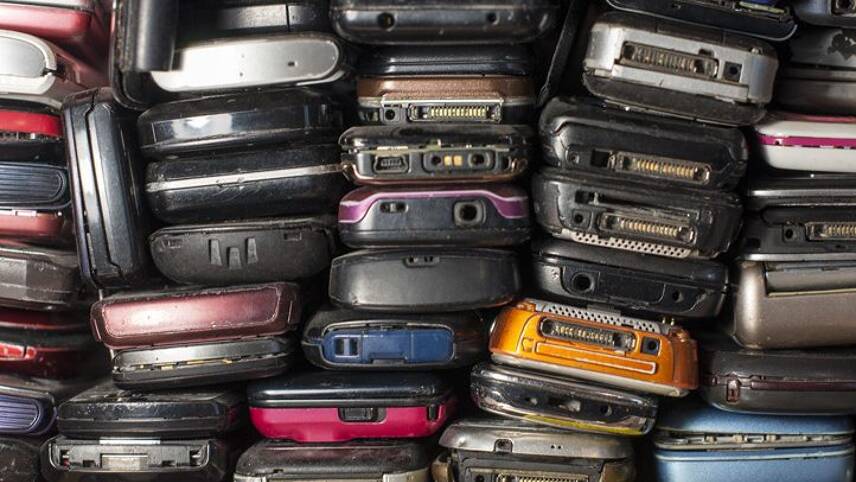Register for free and continue reading
Join our growing army of changemakers and get unlimited access to our premium content

Klyk has joined the O2 Direct Partner Network
Research from the United Nations University (UNU) found that more than 44 million metric tonnes of electronic waste was generated globally in 2016 – up 8% on 2014 levels – with just 20% documented as recycled. Experts believe that figure reached 50 million metric tonnes in 2018, with recycling rates stagnating and a further 21% tonnage increase by 2021.
Up to 120 million metric tonnes of e-waste could be generated by 2050, the UK’s Environmental Audit Committee (EAC), has claimed. It makes e-waste the fastest growing domestic waste stream in the world.
In response, mobile network operator O2 is the latest company to unveil new efforts to tackle e-waste.
The company has announced a new partnership with Klyk, the sustainability start-up that is focused on promoting the circular economy in the technology sector. Klyk offers a business-to-business solution to refurbish technology portfolios to “good-as-new” devices while also upcycling devices at the end-of-life.
Klyk has joined the O2 Direct Partner Network, where it will offer its closed-loop solution to O2 clients as an exclusive reseller to small and medium-sized (SMB) businesses.
“We are dedicated to driving environmental innovation to ensure that we fulfil our responsibilities to our customers and to the planet. We only partner with businesses that share our values and we feel Klyk is an ideal fit,” O2’s SMB trading director Maria Fernandez said.
“We are both committed to giving our customers the means to become more sustainable and to promote our shared initiatives to reduce e-waste. Not many others are doing what Klyk is doing, and we are very excited to be a part of it.”
O2 has already received more than three million devices as part of a trade-in scheme to boost the recyclability of smartphones, a move that has stopped more than 450 tonnes of phone-related waste from going to landfill. The O2 Recycle scheme has been running for a decade. Through the initiative, customers can trade in old devices for cash. O2, in partnership with recycling service provider Redeem, has paid out £226m in exchange for used devices.
All traded-in devices are data-wiped and reused, or recycled, with 95% of them resold back into the market. O2 has claimed that most are resold within the UK, reducing carbon emissions from transport as a result.
O2 has also pledged to achieve net-zero across its entire business and mobile network by 2025 – a move it claims will make it the UK’s first net-zero mobile network provider.
O2 has notably already been certified to the highest possible level of supply chain management to reduce greenhouse gas emissions by Carbon Trust. Its largest suppliers are already contractually obliged to meet time-bound, numerical carbon reduction targets.
In a bid to minimise its contribution to the global e-waste mountain, the UK Government has earmarked more than £8m generated through compliance fees from the Waste Electrical and Electronic Equipment Directive (WEEE) for projects that increase the reuse and recycling of electronic items. The fund will be spread across the next three years, with £1m set aside for research projects, £3m to be invested in behaviour change projects and the remaining £4m to be spent on local projects that boost reuse and recycling.
Matt Mace


Please login or Register to leave a comment.